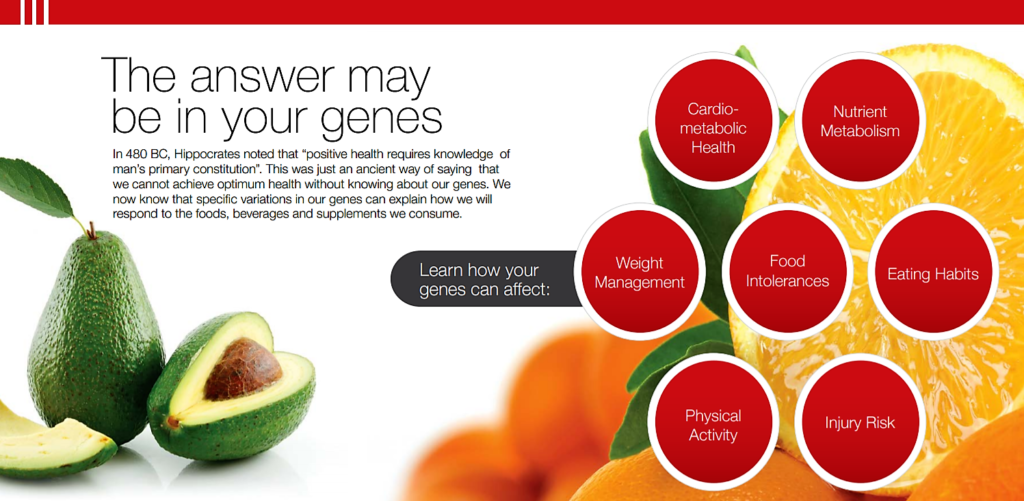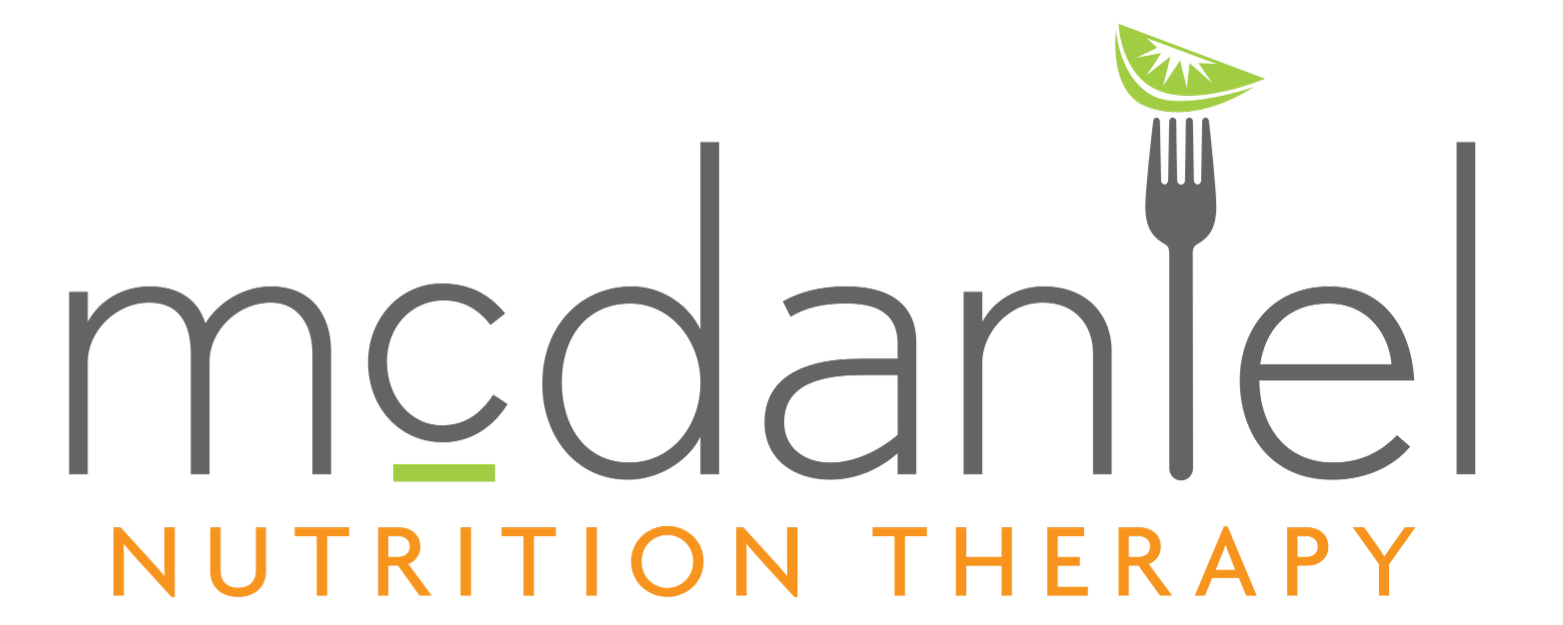Why is there so much conflicting evidence about coffee? You’ve probably heard moderate consumption of coffee, say less 3 cups a day, lowers your risk of chronic disease? I’m betting you also know whether you are caffeine sensitive? I’m on the sensitive side…if I have 1 oz. too much, I get a headache and a case of the jitters. But, I’ve got clients who can drink coffee throughout the day with little to no effect. They can even sip on a cup of espresso right before bed!
Your Buzz is Gene Dependent
How we react to caffeine is an individual matter. The answer to your personal response lies in your genetic makeup. One gene in particular, CYP1A2, controls an enzyme, also called CYP1A2, which determines how quickly our bodies break down caffeine. A variant of the gene causes your body to break down caffeine quickly. If you carry two copies of this “fast” variant, you’re considered a “fast caffeine metabolizer.” Fast metabolizers break caffeine down FOUR TIMES faster compared to people who have one or more copies of the slow variant (i.e.: slow metabolizers).
Slow Vs. Fast | Why It Matters for Heart Health

Prior to offering our genetic testing service, we, of course, tried it out on ourselves. My father had a quadruple bypass surgery at the age of 52. Needless to say, I’ve got a strong family history of heart disease. Therefore, I’ve got a passionate interest in adopting a lifestyle that supports my heart health. My genetic test results showed I was a slow metabolizer of caffeine. And, when it comes to heart health, slow versus fast, matters.
A National Institute of Health study, looking at 4,000 adults who had previously had a heart attack, found that individuals who drank 4 cups or more of coffee/day had a 36% increased risk of heart attack. Next, researchers assessed their genetic make-up to see if they were slow vs. fast metabolizers. Results showed that only the slow metabolizers who drank a lot of coffee had the higher risk of heart attacks. There was no increased risk for fast metabolizers. In fact, drinking a lot of coffee seemed to have a protective effect for that lucky group.
Slow Vs. Fast | Blood Pressure
In terms of high blood pressure, we see similar results in other studies. For example, in a group of 550 participants, researchers showed a greater risk of hypertension in the slow metabolizers that drank moderate to heavy amounts of coffee compared to the fast metabolizers.
Caffeine & Endurance Exercise
As a sports dietitian, I have offered advice in using caffeine as an ergogenic aid in endurance performance. However, evidence shows that slurping down a caffeine-laced gel only benefits the fast metabolizers. On the flip side, too much caffeine in slow metabolizing athletes could have a negative impact. One-size-fits all fueling recommendations are not only ineffective, they may cause performance problems. Advice should be tailored to the individual.
And the Research Continues…
While the research continues in how we can apply what we learn from our individual DNA, we have enough science to apply nutritional recommendations to one’s genetic makeup. As a Registered Dietitian, the science increases my confidence when I offer advice on how a client can optimize their health using this genetic testing service. By knowing one’s genetic type, we can strategically adjust one’s dietary intake accordingly and better manage overall well-being.
Information leads to change. It’s impactful to know your genes. I changed my behavior and I only drink one cup of coffee in the morning compared to 2 cups. In my opinion, that additional cup of java will never taste as good as optimizing my heart health.
Learn more about our genetic testing HERE.



